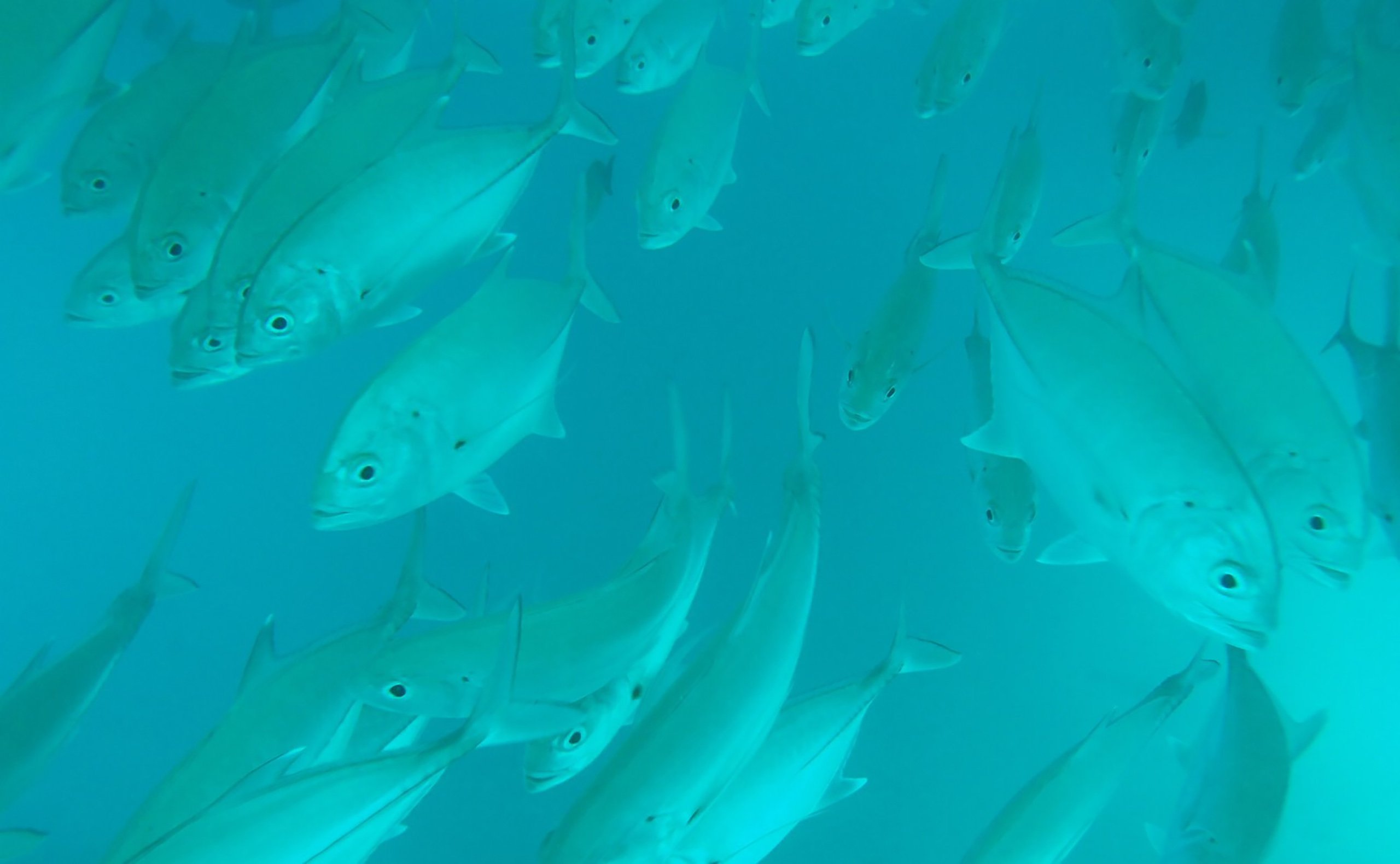Animal Physiology - Heron Island
 This is a 15 credit point subject, ZOO3HIF which is run by the Department of Animal, Plant and Soil Sciences.
This is a 15 credit point subject, ZOO3HIF which is run by the Department of Animal, Plant and Soil Sciences.
Field trip dates: Late November/early December 2023
Duration: 10 days
Cost: For 2023 the trip cost is approximately ~$1870 which covers:
- return travel to Gladstone by chartered bus (5 star - video, rest-room and air-conditioned)
- return fast catamaran service to and from Heron Island
- accommodation at Heron Island Research Station
- all meals including breakfast, lunch, two course dinner, plus morning and afternoon tea.
- plenty of time for snorkelling.
About the course
You will learn about a diverse range of topics associated within the marine environment. These include such topics as bivalve diversity and physiology, metabolic scope in fishes and biogenic reef formation, biotic and physico-chemical composition of different marine environments, intertidal zone adaptive responses by intertidal organisms to natural fluctuations, osmoregulation etc. Additionally, we cover sleep in marine animals, sleep in seabirds, whole body transparency, bioluminescence and phosphorescence, endocrinology in marine organisms, sexual reproduction in marine organisms, feeding strategies and sensory capacities of Sharks.
The course is run at the Heron Island Research Station (HIRS: take the virtual tour, https://study.uq.edu.au/university-life/campus-tours/virtual-tours).
Practicals include assessing the electroreceptive capabilities in sharks/rays, basking behaviour in White-capped Noddy Terns, osmoregulation and endocrinology in intertidal invertebrates and investigating the motives of tidal migration in fish.
Note: this subject involves the capture, handling and temporary housing of some animals.
About Heron Island
Located 72 km northeast of Gladstone and 539 km north of Brisbane, Heron Island is a small coral cay which is part of the Great Barrier Reef. Comprising just 16.8 hectares and a mere 1.8 km in circumference the island is surrounded by reefs which can be explored during low tide. The coral cay is a natural laboratory for the student interested in zoology to gain some insight into the physiology of marine organisms while at the same appreciating the faunal diversity offered by coral reefs.
Biological calendar
Turtle egg laying begins. Bird life is extremely active. Wedge-tailed Shearwaters can be seen digging and repairing nesting burrows. It is the start of their breeding season. Black Noddies' eggs can be seen in the nest.
Enrolment quota
This course is only offered if sufficient students enrol - min 32, max 40.
Contact
Dr Travis Dutka
T.Dutka@latrobe.edu.au















